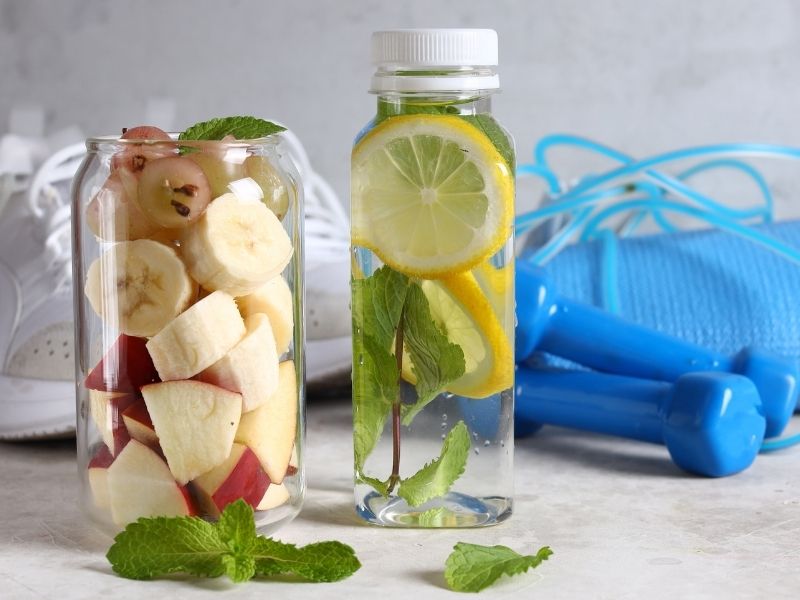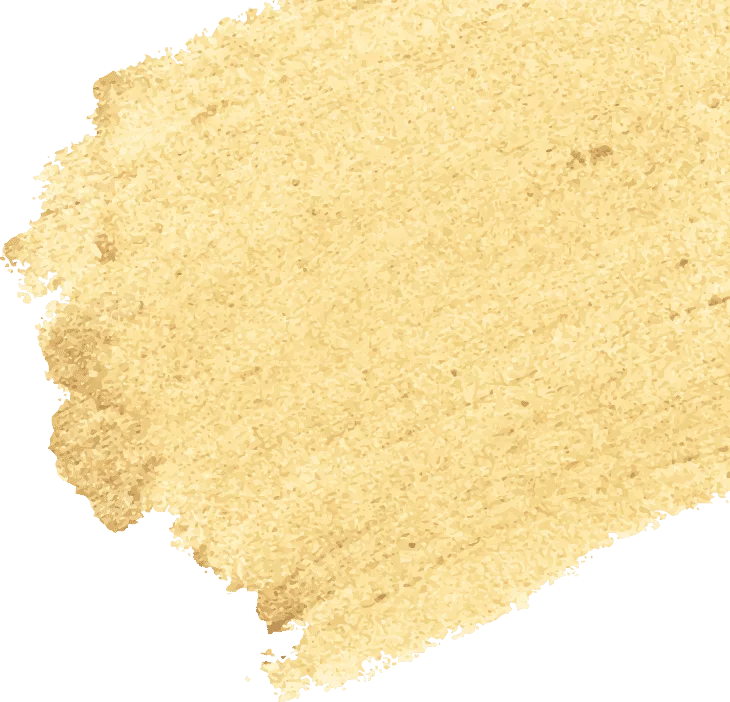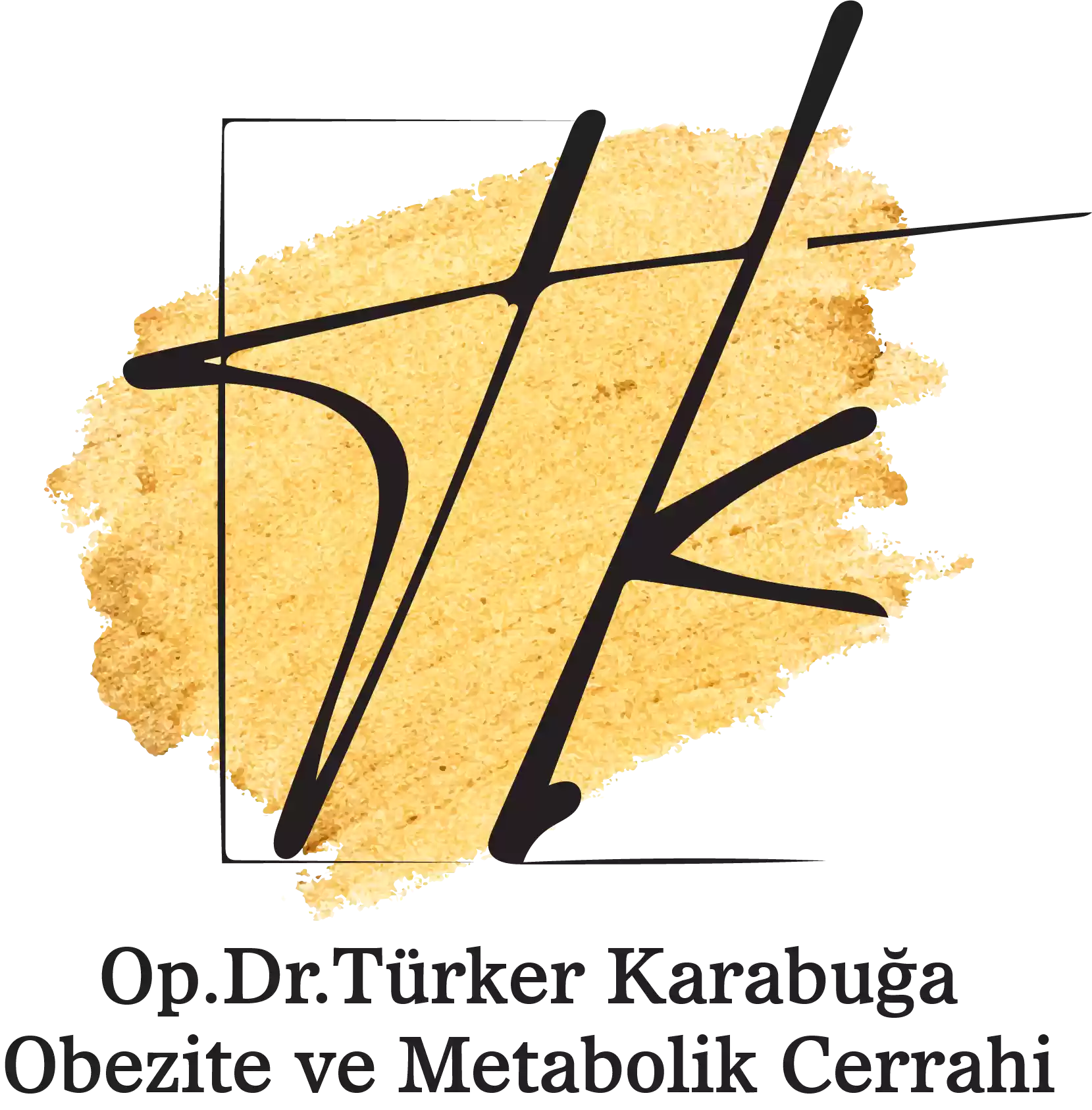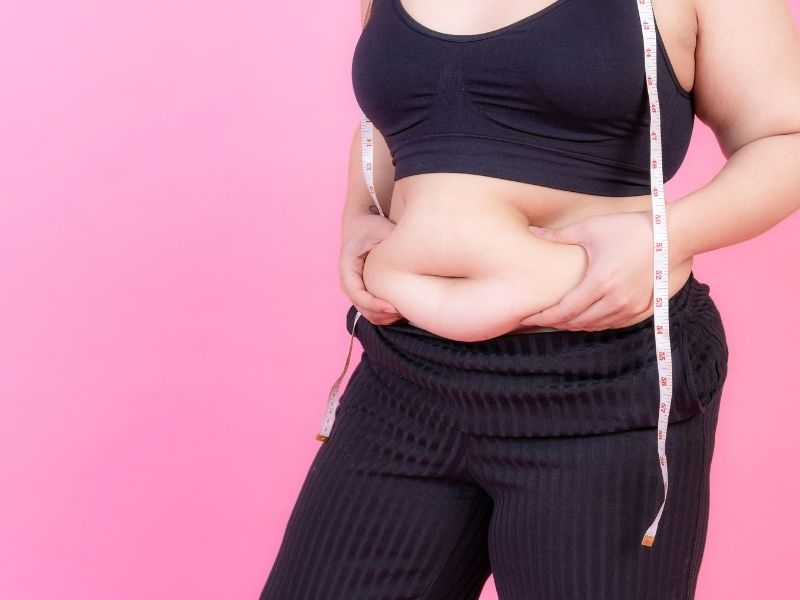Let's take a look at this rule that every patient who has had a weight loss operation often hears;
One of the most important rules to be followed after sleeve gastrectomy and other bariatric surgeries is solid-liquid separation. The main basis of this rule is to avoid liquid intake 30 minutes before, after and during meals in solid form. Although it may sound like a difficult rule to implement, one of the changing dietary habits of our patients throughout the process is the solid-liquid rule, and after a while, they apply this rule without even realizing it.
So why is the solid-liquid rule so important? What does it do?
The reason why we do not want to take liquid before meals is that we cannot get enough protein during the meal with the stomach filled with liquid. In addition, the solid that encounters the liquid in the stomach cannot find enough volume, causing the patient to come back, that is, to experience nausea and vomiting. Muscle loss and mineral-vitamin deficiencies are seen in patients who take insufficient protein, which is a situation we do not want in the weight loss process.
The disadvantages of taking fluids during and after meals are the risk of dumping syndrome and stomach enlargement. The solid foods that are eaten are digested in the stomach and absorbed by passing into the small intestines, although it takes about 3 hours, depending on the consistency of the food. Since the liquid consumed during and after the meal will soften the form of this solid and pass from the stomach pouch to the small intestines before the digestion is finished, it can both reduce absorption and cause dumping syndrome.
Another reason is stomach enlargement. The stomach will expand when liquid is sent to the stomach, which is already small and completely filled with edible solids. Continuing these habits can lead to increased calorie intake and weight gain, along with stomach enlargement.
You should follow your surgeon's recommendations for accurate and effective information after the operation. Although the rules may seem difficult from the outside, the results you will get are very valuable. You are not alone in this process, contact our bariatric team.
How to Make Solid-Liquid Separation After Obesity Surgery?
For people who have undergone bariatric surgery, solid-liquid separation in nutrition is a habit that should be adopted. Liquid intake should be stopped half an hour before consuming solid foods and liquid food should not be consumed within the first half hour after eating. This is the solid-liquid separation rule. Solid liquid separation is a rule that should be followed from the postoperative puree period. This is of great importance not only for the weight loss of the person and the success of the surgery, but also for the general health of the individual.
Why Solid Liquid Separation? Solid-liquid separation, that is, leaving a half-hour gap between liquid foods and solid foods, is important for the effective use of the limited space in the stomach. When a person who has undergone obesity surgery consumes liquid food, he/she may not be able to get the macro and micro nutrients that he/she can get from food because there will be no room for solid food. Various health problems such as Dumping syndrome may occur in the person who cannot get protein, fat, mineral, carbohydrate, vitamin and similar vitamins. It is known that people who take liquid food immediately after solid food intake may experience indigestion. If the rule is not followed, the nutrients pass into the intestine faster and the feeling of saturation is short-lived. It is also known that not following the solid-liquid separation rule after bariatric surgery may cause the stomach to enlarge again in the long term. It is also known that people who get used to this diet adapt to this diet after a while after surgery and make it a way of life.
How Long Does Solid Liquid Separation Last?
The question of when the solid-liquid separation ends can be answered as follows; It is planned that the person who has undergone bariatric surgery will be fed with liquid for the first 10 days after surgery, fed in the form of puree between the 12th and 33rd days, and then gradually switch to solid foods. In this period, which is divided into 3 periods, it is recommended to get professional support to adopt the nutrition system and adapt to the new lifestyle. The more adaptation to the period, the lower the risk of complications that may occur. After this period, the person can consume many foods except for certain foods. However, the solid-liquid separation to be followed after the first ten days is very important for the person to continue to lose weight in a healthy way. The better this process is managed and the longer it is maintained, the more positively the success of the operation is affected.


The Importance of the Solid-Liquid Rule
The reason why we do not want to take liquids before meals is that we cannot get enough protein during the meal with the stomach filled with liquid. In addition, the solid, which encounters liquid in the stomach, cannot find enough volume, causing it to come back; in other words, it causes the patient to experience nausea and vomiting. Muscle loss and mineral-vitamin deficiencies are seen in patients with insufficient protein intake, which is a situation we do not want in the weight loss process. The disadvantages of taking liquids during and after meals are dumping syndrome and the risk of gastric dilatation. It takes about 3 hours for solid foods to be digested in the stomach and absorbed by passing into the small intestines, depending on the consistency of the food. Since the liquid consumed during and after the meal will soften the form of this solid and pass from the stomach pouch to the small intestines before the digestion is over, it both reduces absorption and may cause dumping syndrome. Another cause is stomach enlargement. When liquid is sent to the stomach, which is already small and full of eaten solids, the stomach will expand. Continuously practicing these habits may cause an increase in calorie intake and weight gain along with gastric dilatation. You should follow your surgeon's recommendations for correct and effective information after the operation. Although the rules may seem challenging from the outside, the results you will get are very valuable. You are not alone in this process, contact our bariatric team.
Other Important Rules After Obesity Surgery
The person switches to solid nutrition after completing a 1-month period of liquid for the first 10 days, 10 days of fine puree and 10 days of puree period after bariatric surgery. On average, the patient is able to consume many foods after the 3rd month and controls are performed quite frequently during the first month. It is important to maintain solid-liquid separation for the period recommended by the doctor. Routine controls are planned to be performed in the 1-3-6-12th months after the operation. These controls are very important for the health of the person. Acidic, sugary and carbonated drinks should not be consumed after bariatric surgery. Protein should be taken as recommended. Meals should not be skipped and should be done regularly. Adequate amount of water should be consumed and mineral and vitamin supplements recommended by the doctor should not be neglected.








